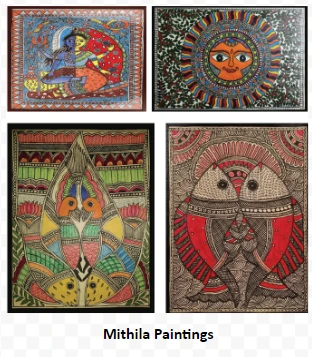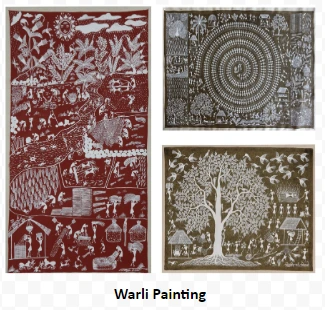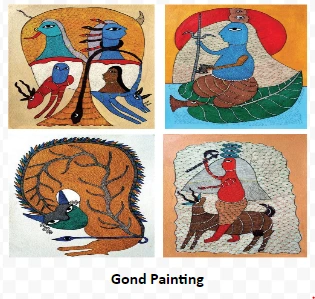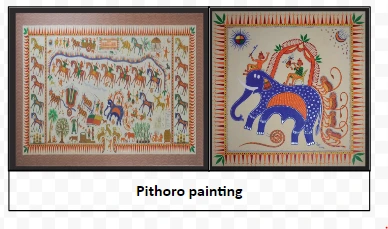![]() 23 Dec 2023
23 Dec 2023
Our country has always been a repository of indigenous knowledge, which has been transferred from one generation to another. Artists in each generation have created the best works out of available materials and technology. Many scholars named these art forms as minor arts, utility art, folk art, tribal art, people’s art, ritual art, crafts including the vibrant tradition of Indian Folk Paintings. The art and craft traditions of India showcase the tangible heritage of the country with a history of more than five thousand years.




<div class="new-fform">
</div>